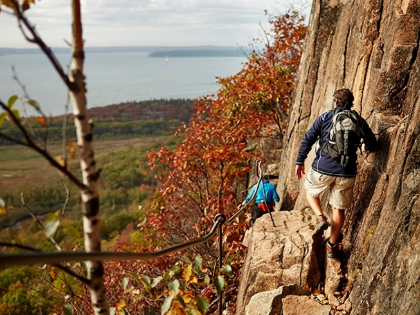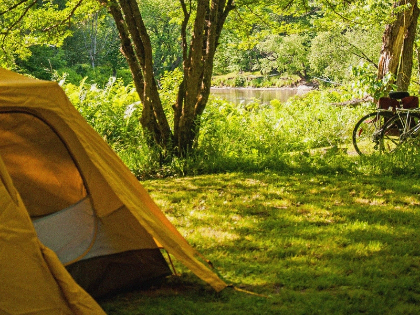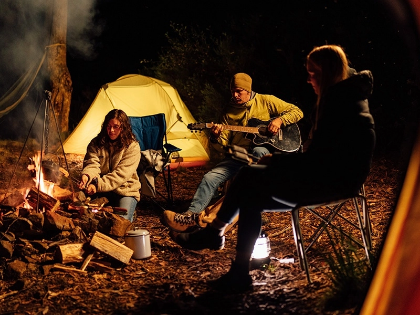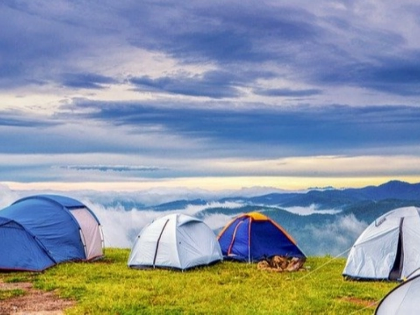Sustainable Camping: What Is It?
Camping sustainably entails leaving a place in a better state than when you arrived. It involves using eco-friendly gear, picking green campsites, and adhering to the Leave No Trace philosophy.
This entails keeping a respectful distance from animals and constructing campfires only in designated areas. It also entails reducing route deterioration and wildfires, as well as refraining from carving initials into trees or exotic species.
1. Do not remain after
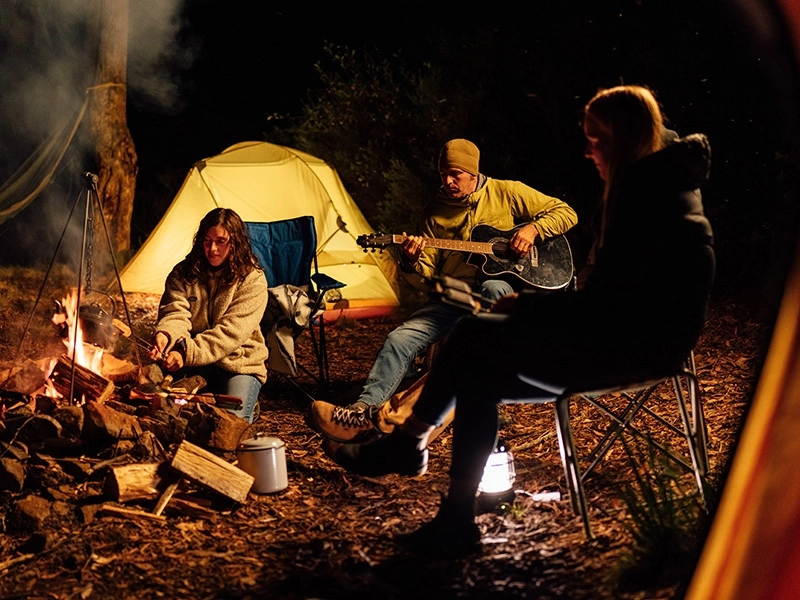
One of the most crucial rules of eco-conscious camping is leaving no trace. It entails removing any garbage, leftover food, and other waste that you produce while camping.
It's important for you to understand the impact of your water usage on the environment. While camping, you can lessen your influence on the environment by using melted ice for non-drinking uses like cooking and extinguishing fires, collecting rainfall, and using less water for dishwashing.
Respecting wildlife and keeping a safe distance from them is also a good idea. Steer clear of feeding them, keep your noise down, and show consideration for fellow campers by sharing your spot with other outdoor enthusiasts. The final piece of advice is to camp at least 200 feet away from any lakes or other water features. By doing this, effluent and sewage, including biodegradable soaps, shampoos, and lotions, are kept out of natural waterways, and their effects on aquatic life are prevented.
2. Tidy Up After Yourself
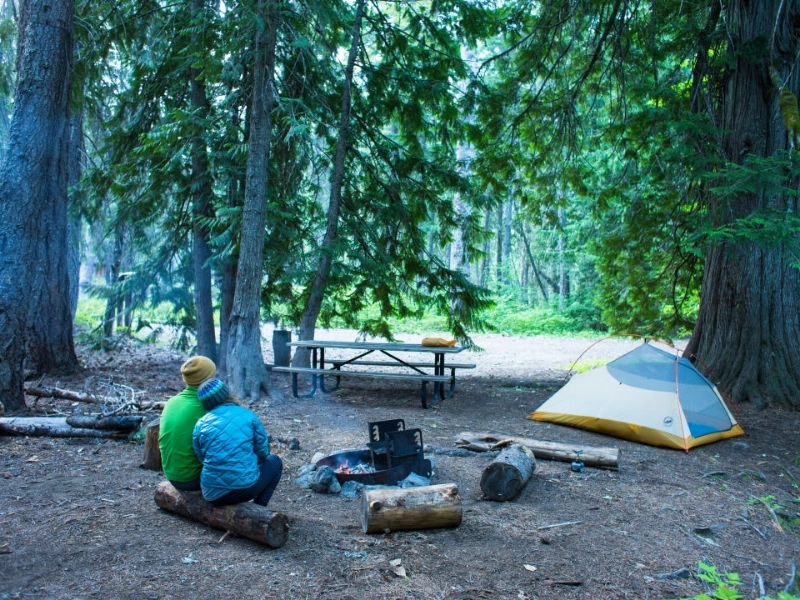
When camping, it's critical to follow good waste management procedures. Leaving trash behind can damage wildlife, contaminate water sources, and lower soil fertility, all of which can upset the environment. Bring a bag so you can carry your trash with you and properly dispose of it when you're done, as opposed to leaving it at the campsite.
When going camping, make sure to include recyclable containers, utensils, and cookware, as well as biodegradable garbage bags. When camping, it's also a good idea to purchase organic foods that are obtained locally and minimise food waste.
To preserve the ecosystem, camp at least 200 feet away from any source of water. Furthermore, encamping too close to paths may result in environmental harm and crushed vegetation. By spreading out your camping effects over a wide area, you may minimise your impact as much as possible.
3. Keep the natural environment unaltered.
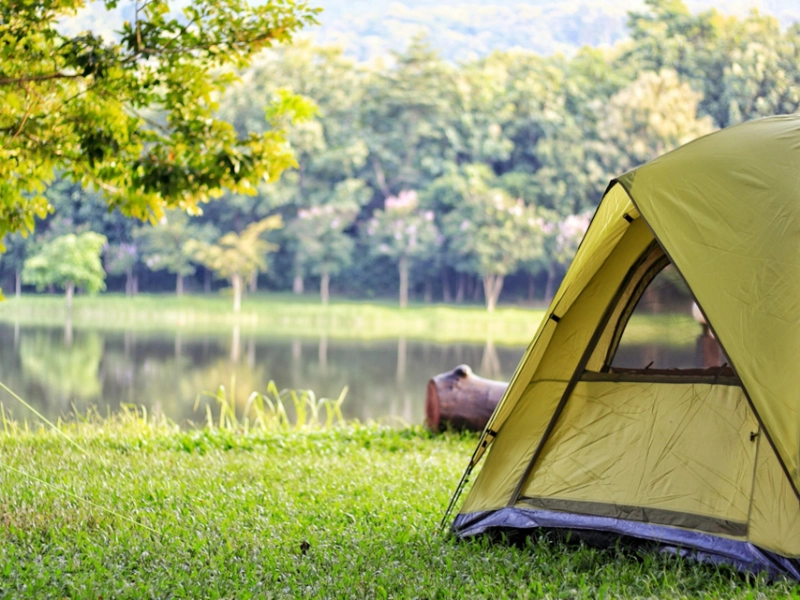
Campers are encouraged by the Leave No Trace philosophy to appreciate nature without altering anything. This includes leaving flowers alone and not taking rocks or other natural objects out of the landscape. Rather, take pictures to preserve the experiences and leave the unspoiled natural resources alone so that future campers can enjoy them.
Water sources, wildlife, and soil erosion can all result from environmental disturbance. Additionally, historical and cultural places may be disrupted or damaged.
It's simple to prevent these environmental problems by following appropriate camping etiquette. It's crucial to use cloth napkins and stainless steel silverware instead of plastic products, carry a lot of reusable trash bags for recycling and discarding waste, and avoid using things like containers. In order to avoid wildfires and the devastation of habitat, use approved fire pits and keep flames small.
4. Show consideration for wildlife.
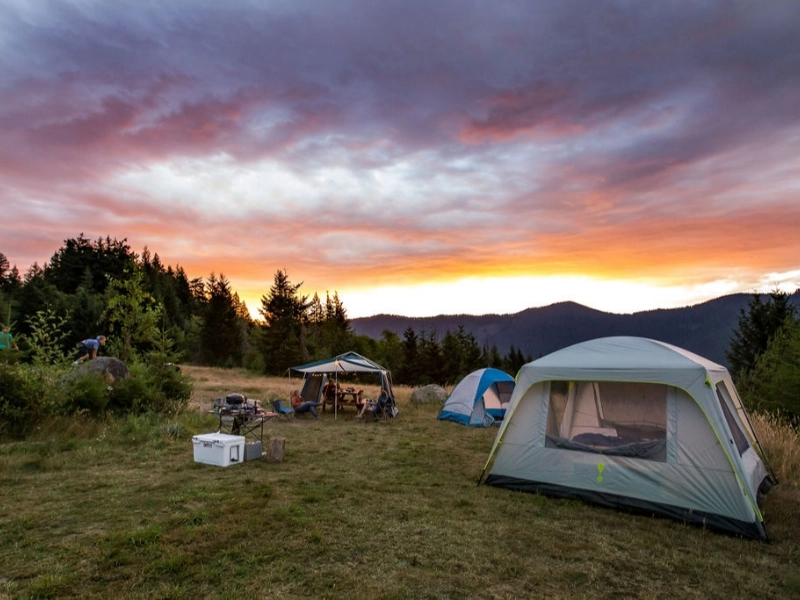
Some of the greatest practices for eco-friendly camping include staying off of designated routes, not feeding animals, and keeping a distance from wildlife. Refrain from bringing in exotic animals or plants, and never contaminate water supplies. Shopping locally, minimising food packaging waste, and assisting groups that preserve the environment are also beneficial.
Campsites that don't adhere to LNT principles run the risk of introducing invasive species, eroding natural habitats, or both. Furthermore, neglected campfires are a major source of damage caused by campers. Reducing the amount of environmental damage caused by campgrounds can be achieved by keeping fire pits small, making sure they are completely extinguished, and camping at least 200 feet away from a water source. One of the biggest dangers to the outdoors is wildfires, which can be avoided with the help of these tips.
5. Take everything back.
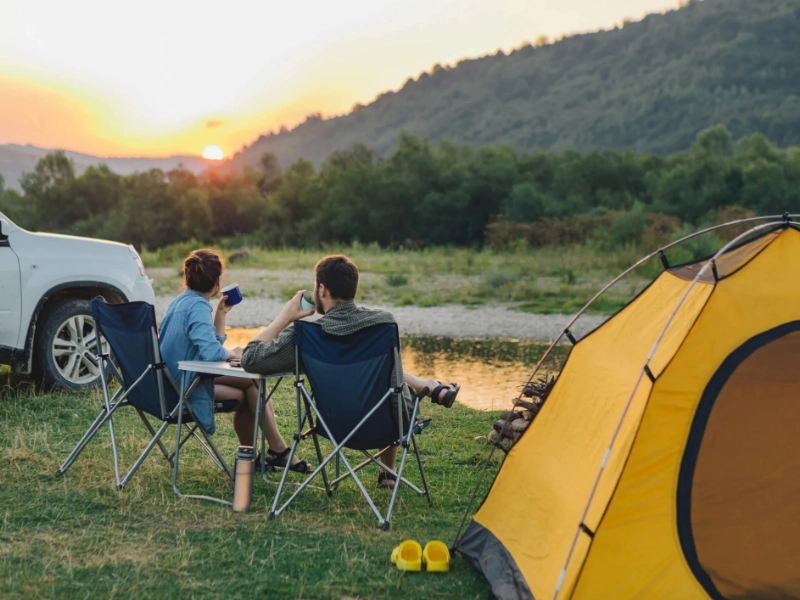
Steer clear of trash if you want to lessen the environmental impact of your camping. Paper goods, single-use plastics, and food packaging fall under this category. For instance, you can use bamboo cutlery and chopsticks that come with travel pouches for your backpack in place of single-use silverware. You can also avoid buying single-use plastic bags at the shop by packing your own large-sized food products in reusable containers like Nalgene bottles.
Overcrowding, litter, trail erosion, invasive species, and other factors affect the great outdoors, but appropriate sustainable camping techniques assist in reducing these effects. Maintaining the cleanliness and pristine state of nature for everyone to enjoy is made possible by adhering to the "carry in, carry out" rule, leaving no trace behind, and packing out your waste. Water pollution can also be reduced by using less water when doing housework and putting out a fire.

